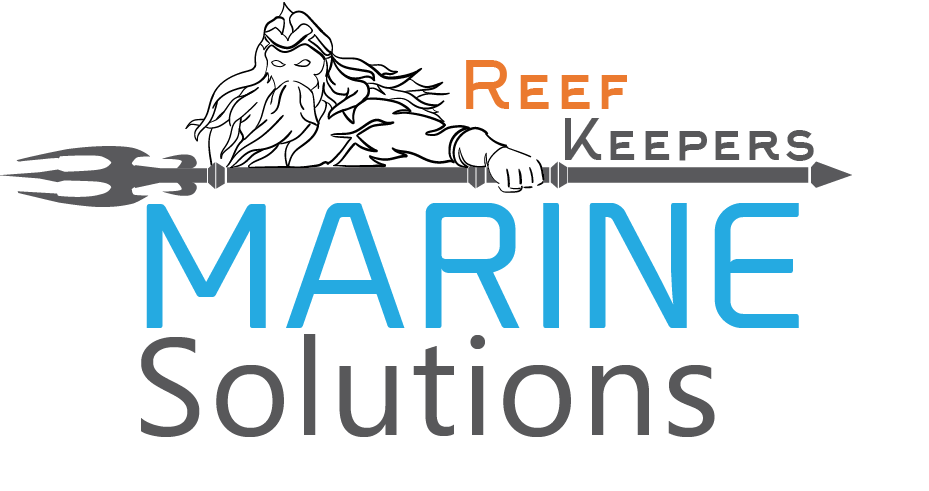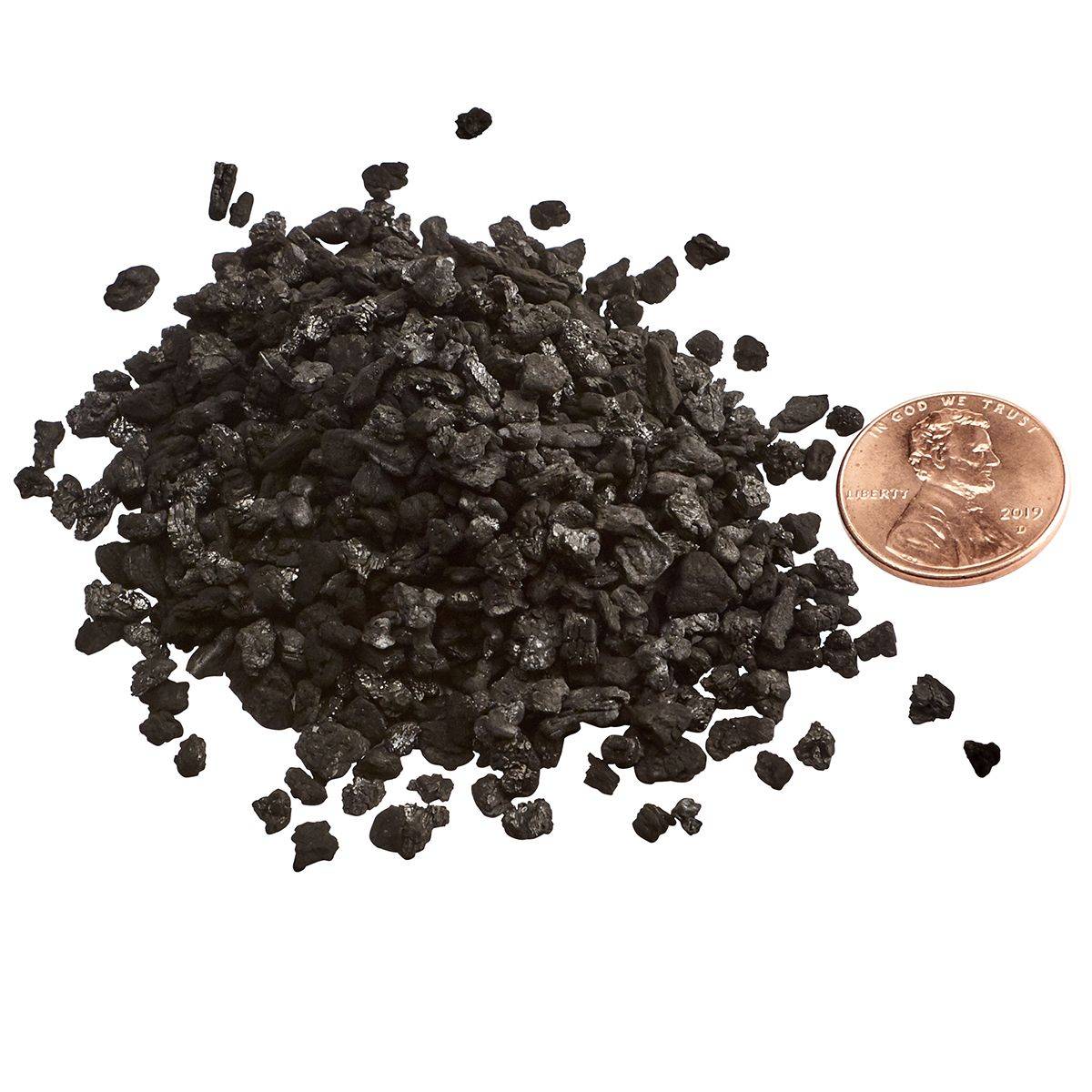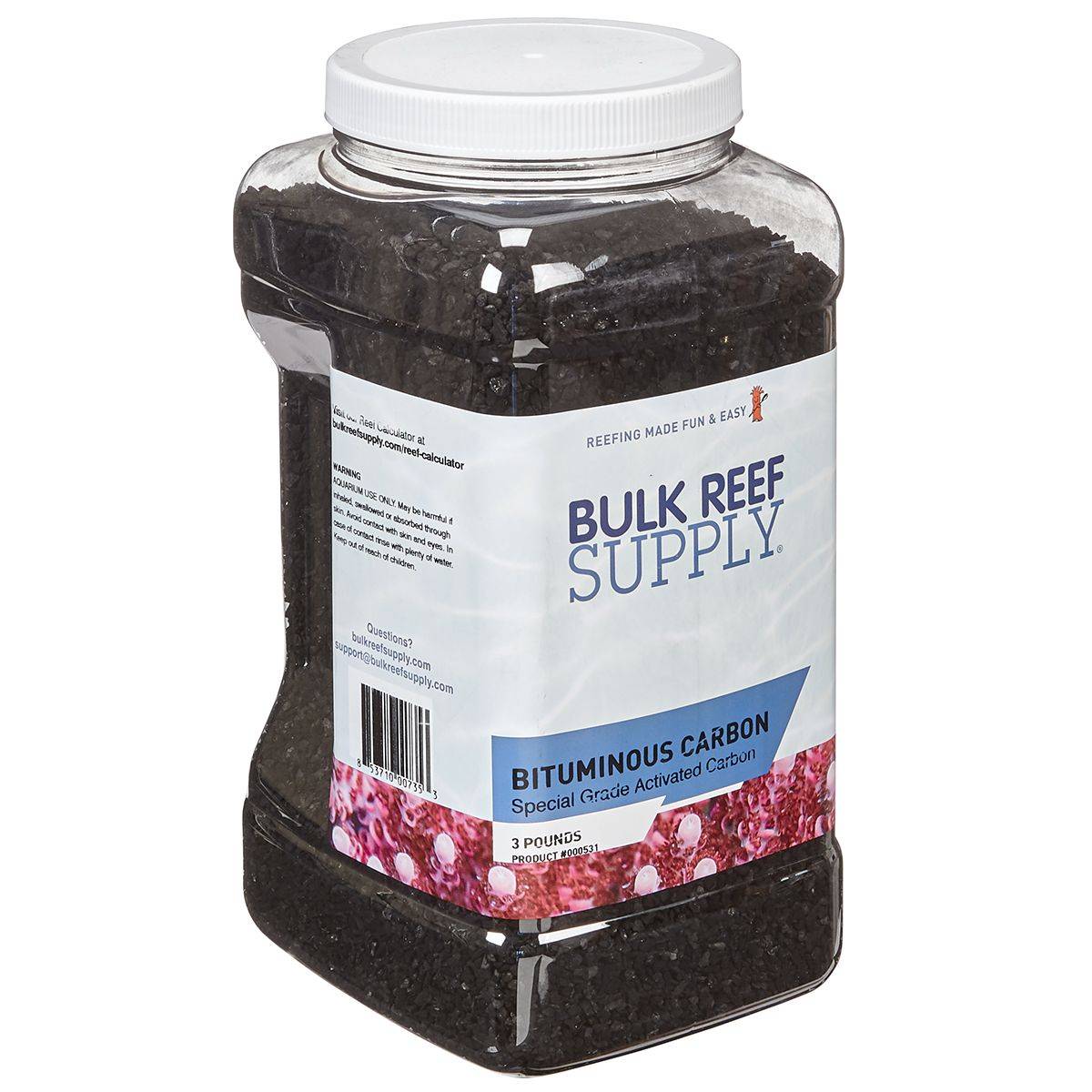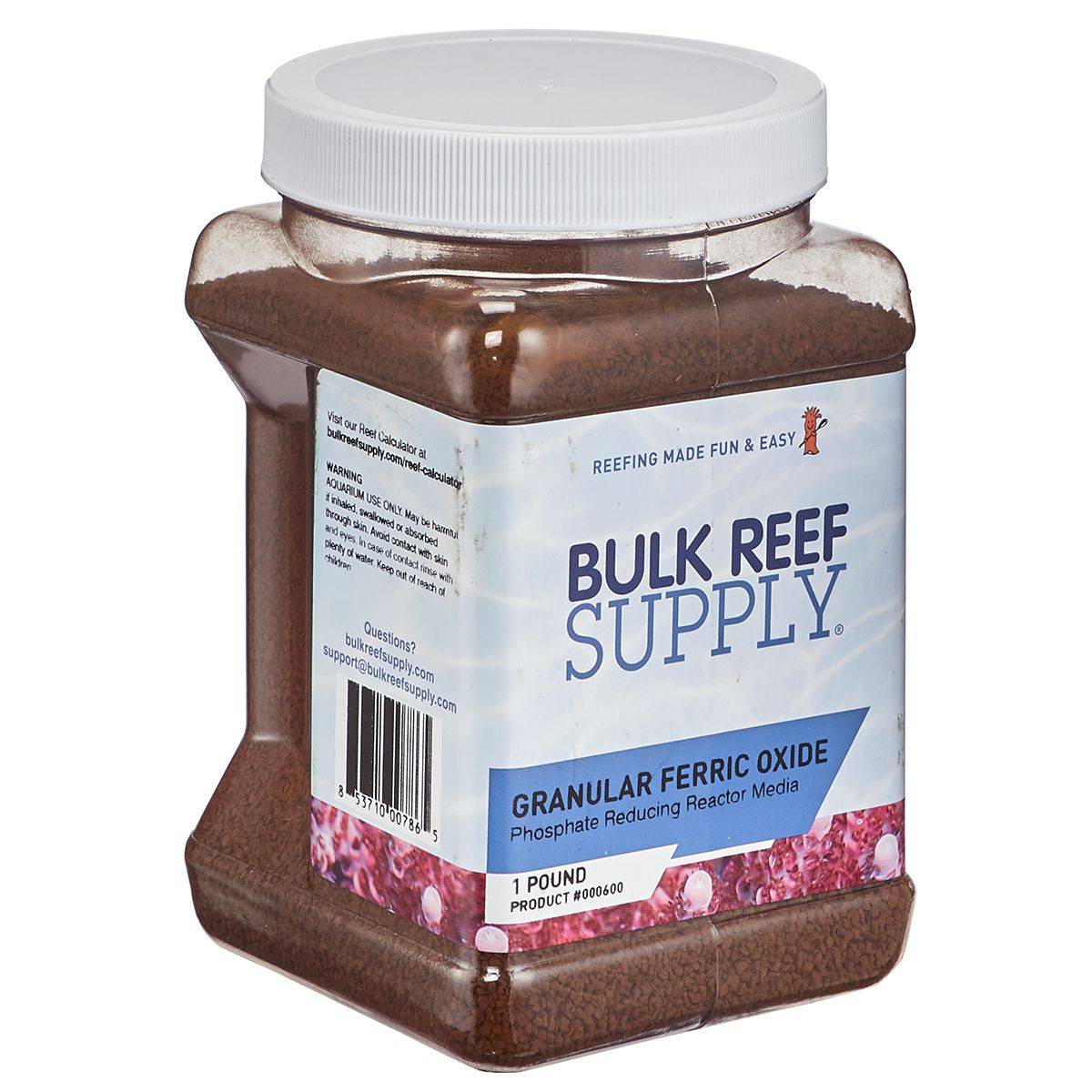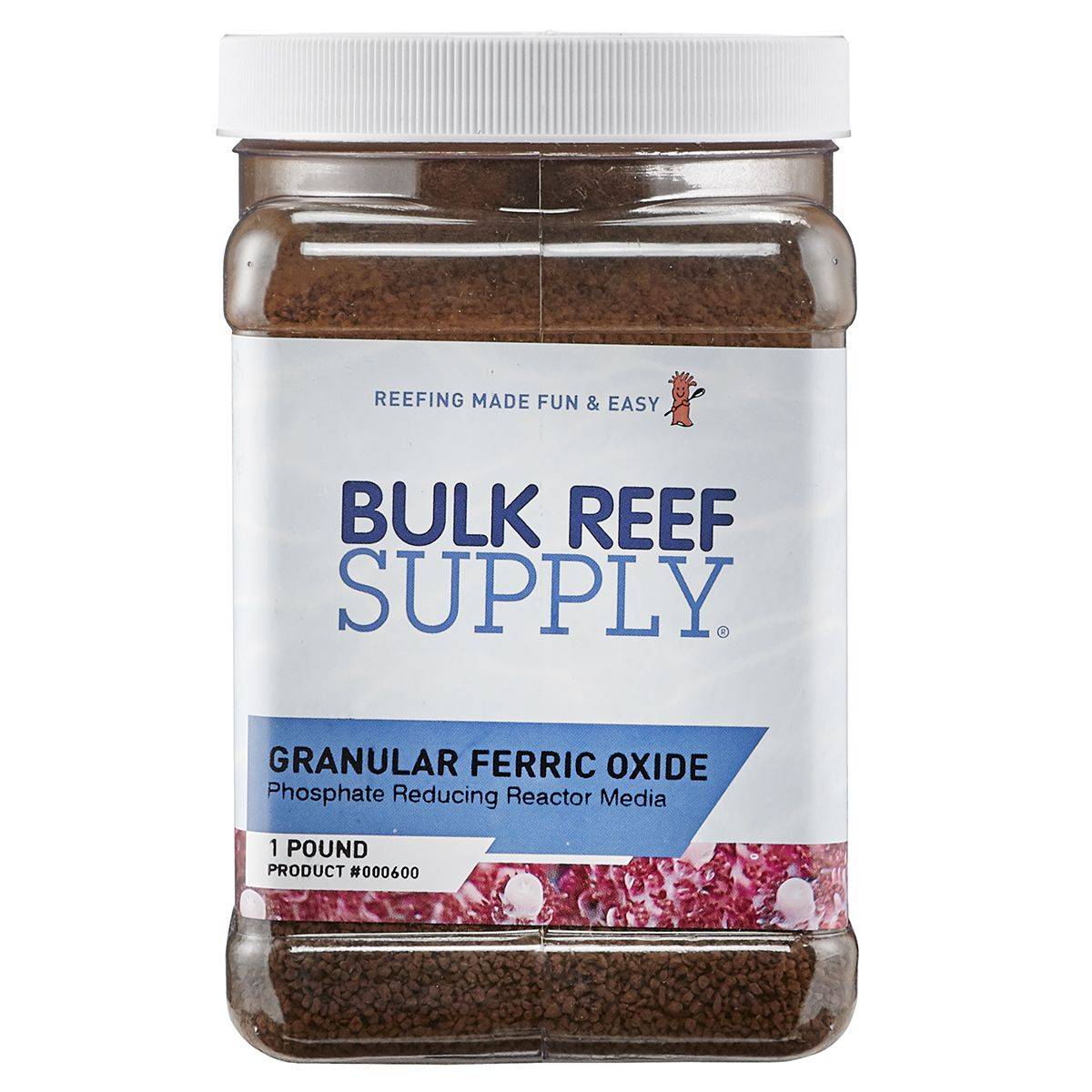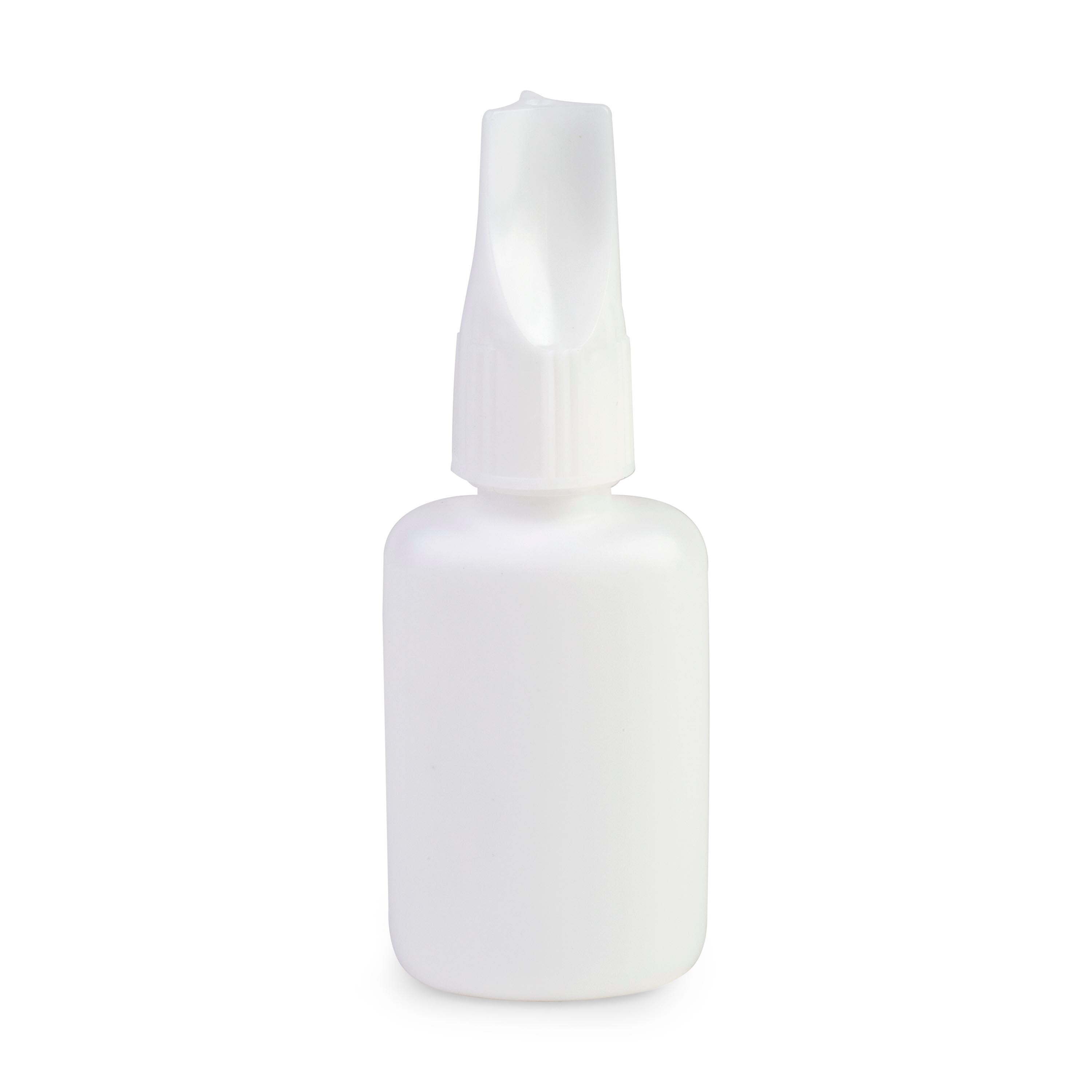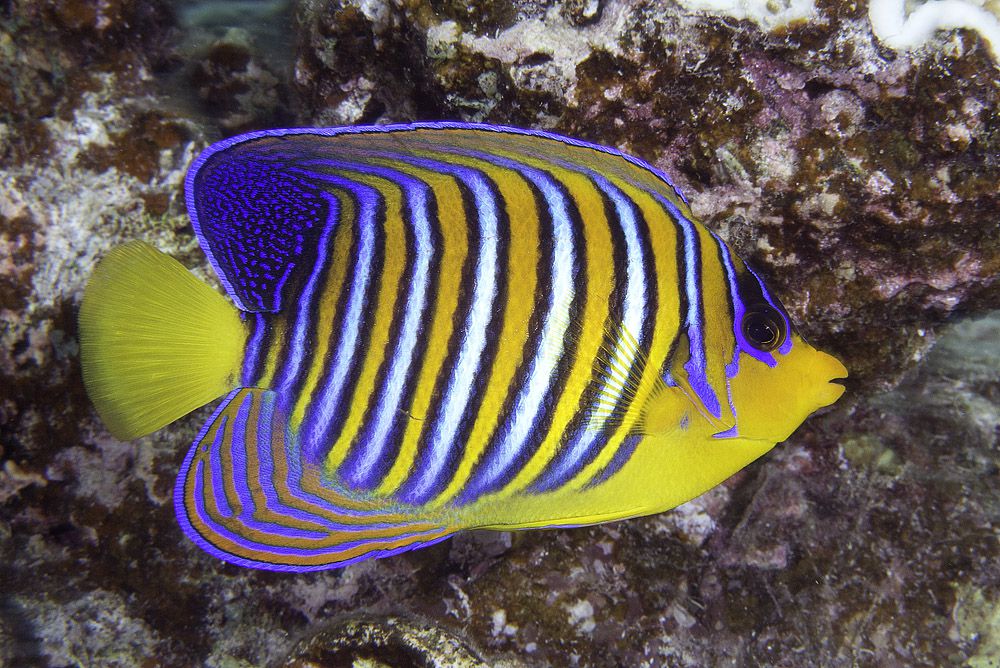
Regal Angel (Pygoplites diacanthus)
Max Size: 10 inches
Diet: Omnivore
Temperament: Semi-Aggressivel
Reef Compatible: With Caution. May eat fish and crustaceans.
Minimum Tank Size: 125 gallons
The Regal Angelfish, renowned for its striking vertical patterns in shades of blue, white, yellow, or orange on its body and pelvic fin, truly lives up to its distinctive name. While specimens from the Maldives and the Red Sea exhibit a unique yellow breast, their counterparts from the Indo-Pacific, Coral Sea, New Caledonia, and Tahiti typically display a blue or gray breast. This distinct coloration becomes more pronounced as the fish matures, usually when reaching a length of at least 4 inches. Juveniles, on the other hand, feature a "False Eye Spot" on their dorsal fins that gradually fades as they grow.
Regal Angelfish originating from the Red Sea, Maldives, Coral Sea, Fiji, and Tahiti are known to be resilient during shipping and are carefully harvested and handled. Consequently, they tend to adapt more easily to home aquariums compared to their Indo-Pacific counterparts.
However, it is important to note that the maintenance of the Regal Angelfish requires more attention compared to other angel fish species. Therefore, it is advisable to introduce them as the first inhabitants of the tank, allowing them to establish their territory before introducing other fish. A minimum tank size of 125 gallons is recommended, providing ample hiding places and live rock for grazing, which creates a favorable environment. While the Regal Angelfish may occasionally nip at large-polyped stony corals, soft corals, and clam mantles, it can coexist with small-polyped stony corals and certain types of less palatable soft corals.
When it comes to feeding, enticing a Regal Angelfish can be achieved with a diet consisting of fresh shrimp and chopped seafood. Additionally, including herbivore preparations containing Spirulina and marine algae, as well as angelfish preparations that incorporate sponges, is crucial for their nutritional needs.
